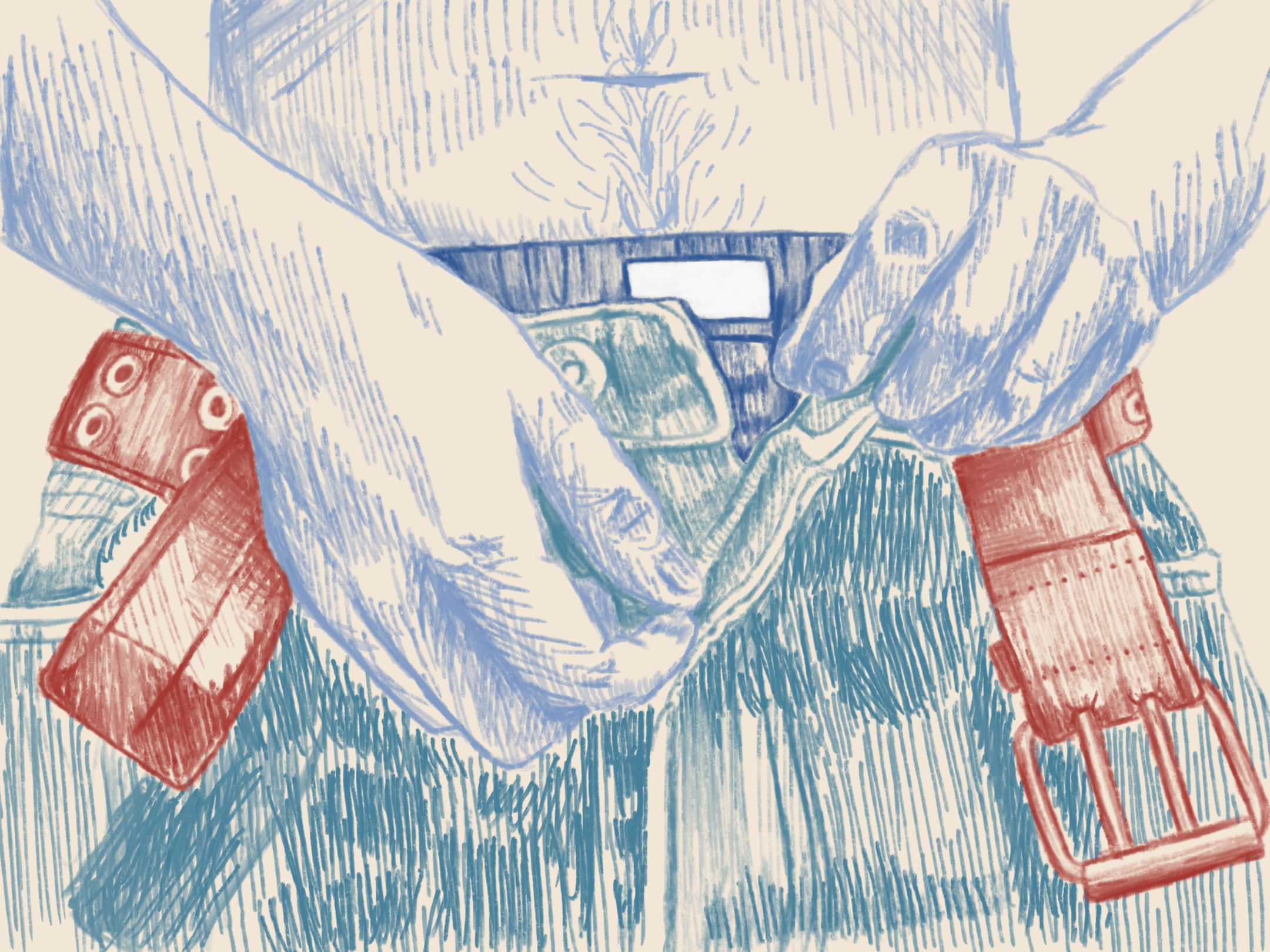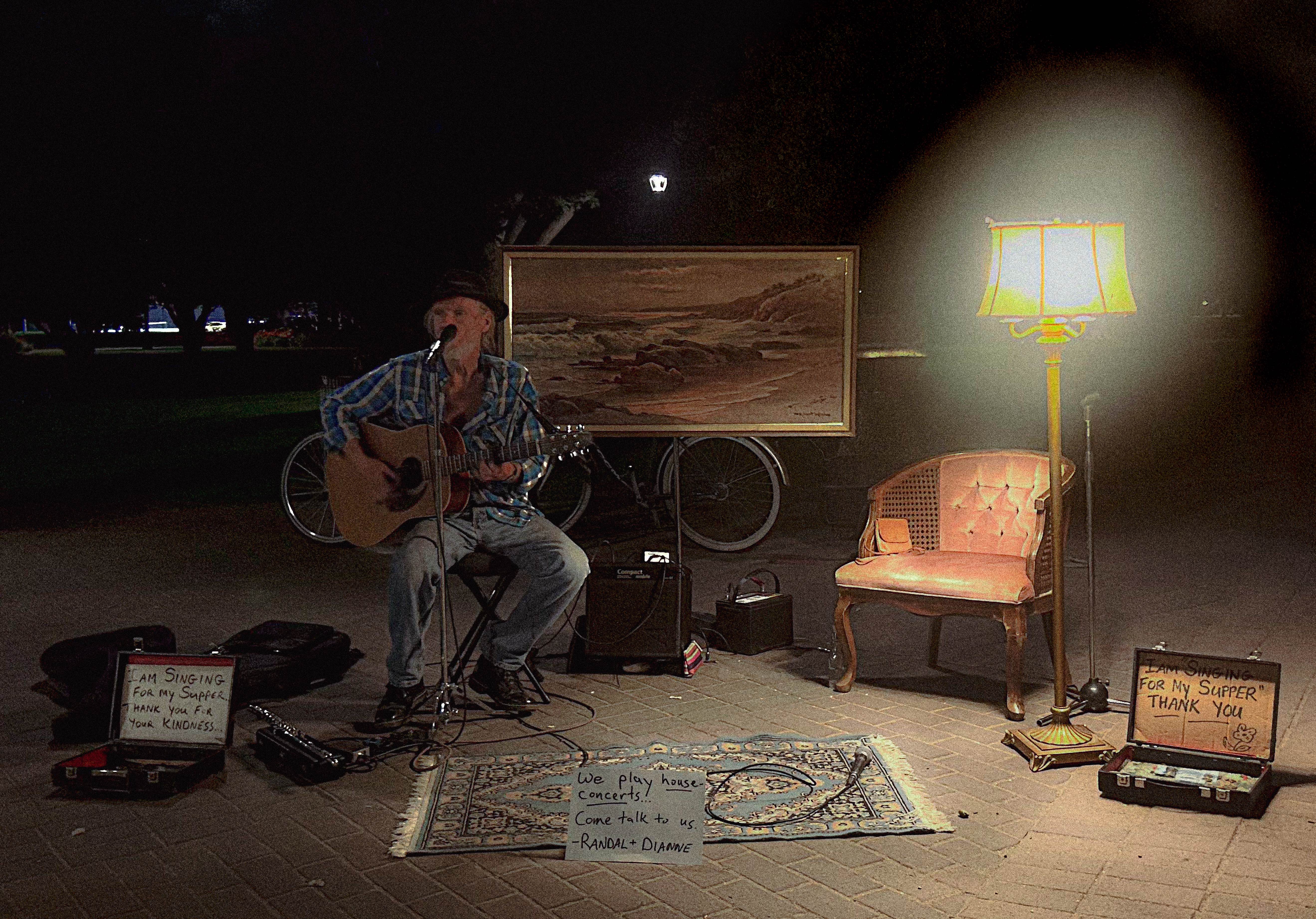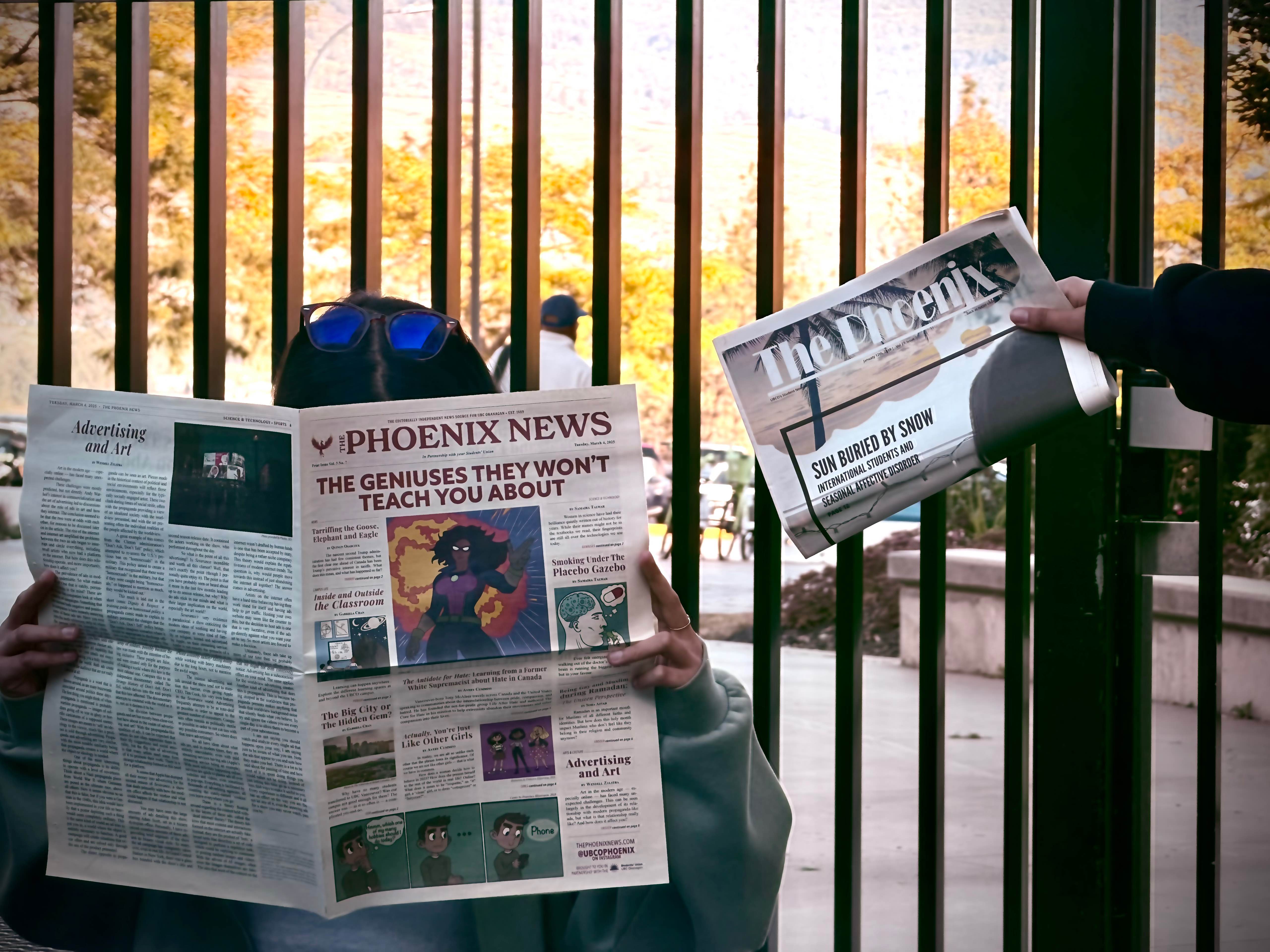
In a bold move aimed at enhancing the student experience, the Alliance for Student Empowerment has launched a petition advocating for significant changes to the Students’ Union Okanagan of UBC (SUO). With a focus on transparency, governance, and support for graduate students, the petition outlines 14 proposed changes which also address pressing environmental and social concerns.
Yazdan Gordanpour, a PhD student who is part of the movement says:
“The Alliance for Student Empowerment is a group of students and student networks who have different things that they care about and different issues that they want to advocate for and think that the SUO can do better. We sort of came together to increase our chances of getting this petition enough signatures to bring our items to the general meeting for the membership to discuss.”
Following a contentious general meeting in 2023, where various student groups raised important issues, the Alliance for Student Empowerment formed to hold the SUO accountable. During the meeting, some motions were ruled out of order, and decisions made were later overturned by the board of directors, prompting frustration among students. The former president had informally promised a special meeting to address these concerns but failed to deliver. In response, students decided to take formal action by filing a petition, aiming to ensure their voices are heard and respected within the governance process.
The petition's transparency and governance section advocates for several crucial reforms within the SUO. It proposes making meeting times publicly accessible on the SUO website and ensuring that the general topics discussed during in-camera sessions are disclosed in meeting minutes. Additionally, it calls for quarterly performance reviews of the General Manager to promote accountability. The petition also seeks to enhance the election process by requiring candidates to cease campaigning at the start of the voting period and by formalizing the registration and participation of Slates, ensuring a fair and organized electoral environment. Gondanpour explains the importance of these resolutions:
“The way SUO handles its operations, it's sort of removed from grassroots engagement. People get elected with the way that the SUO does elections, during the election, they engage with the membership [...] then there is a period of no communication, essentially, about their decisions, then there's the general meeting, and back to no communication until the next election. And so we want to have the students be more involved with how decisions are being made.”
Gondanpour talks about how even though students have a right to attend board meetings, they are not advertised, and says that students should have a right to attend committee meetings as well. He says:
“In my informal discussions, I brought this to the policy committee last year, and the members of that committee disagreed with it. They said committees are places where the student leaders want to express their ideas freely, and it would be too much pressure for them if they're observed in the committees, which I think is unreasonable. That pressure is good pressure. If there are some ideas that the directors and executives don't feel comfortable discussing in front of the membership, then those are probably bad ideas.”
He continues to say that the General Manager at the SUO, being an unelected staff person, holds a lot of informal power, and thus should have a formal committee to conduct performance reviews. Danial Asif, the current President of the SUO, contradicts this proposal:
“It is challenging to find a competent full-time staff member who would agree to quarterly reviews. Since the General Manager role already includes a yearly review process, I have requested that the policy committee work on formalizing regulations for an annual review of the General Manager, in line with existing practices.”
Asif agrees with some of the proposed changes regarding the election process and says that the policy committee is already working towards implementing those changes.
The petition also emphasizes environmental and social concerns, highlighted by several key resolutions. It seeks to reinstate the Smart Meals program, restoring it to its original format of offering $5 sustainable, plant-based meals. Last year, this initiative was successful, but this year, Gordanpour says the program has changed to a confusing schedule of breakfast three days a month and lunch one day a month, managed through different vendors. A resolution in the petition aims to establish a dedicated committee to oversee the Smart Meals program, ensuring its continuity and sustainability despite changes in student leadership. As noted by Gordanpour, "if a new person gets elected ... they don’t want to spend their time doing something that someone else did," underscoring the need for a stable oversight structure.
Asif disagrees with the resolution:
“The SUO runs on a model where students run each year based on what they want to change and innovate on. Having a set campaign like this might prevent the incoming VP External from innovating and doesn’t give them the power to shape their campaigns based on [what] they promised during the campaign.”
Another resolution addresses the need to strengthen environmental and social governance in the SUO’s financial practices. While current regulations include these considerations, there is concern that the RBC investment manager has suggested "removing this clause from their regulations to be allowed to invest in the energy sector." The resolution proposes adding this important clause to the SUO bylaws, which require broader membership approval for changes, thereby securing its permanence.
The petition also addresses the needs of graduate students through two key resolutions. One asserts that the newly established Graduate Student Association should oversee the fees paid by graduate students to the SUO, which currently amounts to around $250,000, while only $20,000 is allocated for their specific needs. This resolution calls for a contract to be negotiated that reflects a fair allocation of funds, ensuring transparency about how fees are utilized.
The other proposes constitutional changes to relieve the SUO of the responsibility for graduate student representation, transferring that role to the Graduate Student Association while still ensuring access to essential services like health and dental insurance. Asif says that “[t]his cannot be rushed. Having this dealt with by resolutions unilaterally drafted by one party is only going to leave gaps and confusion at best, and unfairness and illegality at worst, especially for the undergraduate students at UBCO.”
Furthermore, another change aims to prioritise resource centers by reinstating honoraria for volunteers and mandating the SUO to develop a binding action plan for securing adequate space for these centers. A resolution also proposes the forming of a committee dedicated to Student Associations to make their voices heard and make it easier for them to interact with the SUO.
Gordanpour stresses that signing the petition does not mean full support for all the resolutions, it only indicates support for the discussion of these ideas at the Annual General Meeting:
“It's sad that the students aren't engaged with the Students' Union, but it's the Students' Union's fault. They're the people who get paid, and they should go follow the students and tell them. It's important. There's currently the Get to Know Your Students' Union initiative, which is awesome. It's really needed, but even that is mostly focused on services and events. The governance aspect, the finance aspect, and the democratic system that the students can get involved in is mostly not discussed and left behind because it's easier to just run the whole thing if no one's meddling. And I think that's not okay.”
Asif expresses his desire to invite the petitioners for a discussion about their concerns. He notes that some resolutions may only serve the interests of certain student groups rather than the entire student body. He also encourages any students who want to discuss the petition or raise other issues to come to his office hours.
In light of the diverse perspectives surrounding the petition, including some skepticism from the SUO Executives, the Alliance for Student Empowerment remains committed to advocating for important reforms spanning over many areas of concern. Students interested in supporting this initiative can find the full petition, along with detailed explanations of each of the 14 resolutions, on their Instagram page @a4se_ubco, or scan the QR code below. By signing the petition, students can actively participate in the push for discussions about the suggested changes regarding greater transparency, accountability, inclusion, and support within the Students’ Union of Okanagan.




